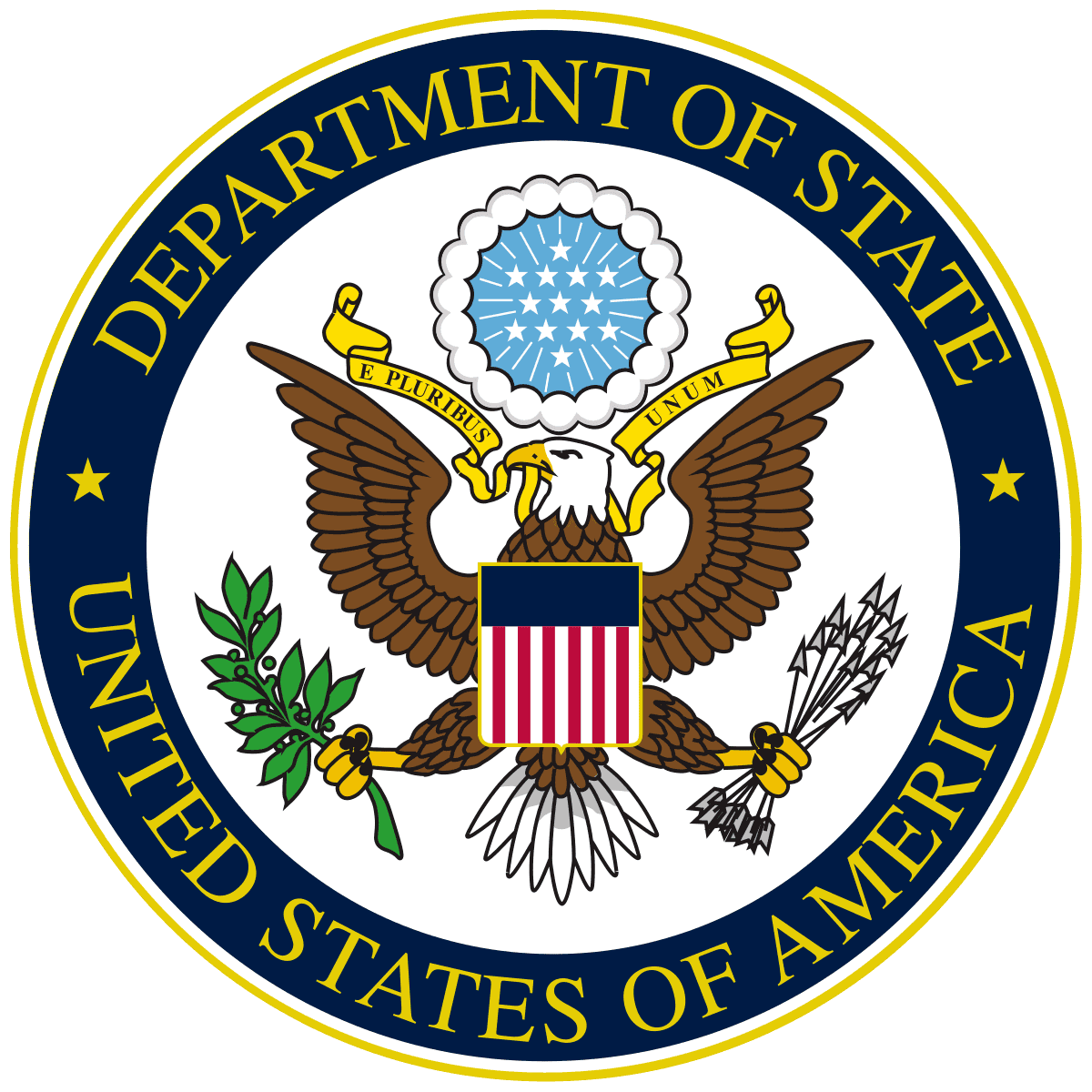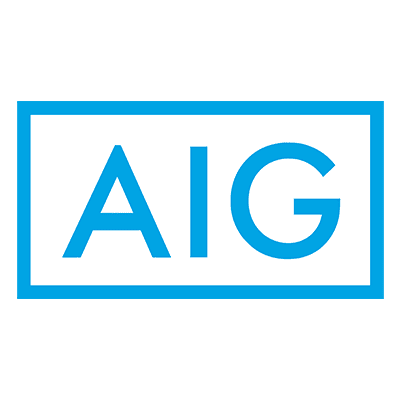
17 Jun 2024
Society, Economy, Technology – IDCA Creates the SET Index
There are many subtle but important differences in the economies and relative tech development of nations, across all regions and income tiers. Our research at IDCA addresses those differences, with the aim of adding precision to analyzing countries, whether by businesses, investors, NGOs, or government officials.
The research is built upon more than a decade's worth of data analysis, algorithm development, and actual living in all the regions of the world. It goes well beyond traditional approaches, which weigh factors arbitrarily and uniformly produce results that simply rate wealthy nations highly and less-wealthy nations less highly.
Digital Readiness
One popular project within IDCA Research is the EESG Digital Readiness Index, originally published in December 2022, which looks at all the nations of the world with respect to their Economies, Environmental policies, and key Social and Governance factors. This Index integrates information about income, sustainability, emissions, human development, and government to show which nations of the world – in all regions – have the strongest performance with respect to their peers. Outstanding performers in this index include Chile, Rwanda, Vietnam, Georgia, Denmark, and New Zealand.
The SET Index
Now we're developing a more complex, but perhaps even more valuable, analysis called the SET Index. SET stands for Society, Economy, and Technology. It integrates environmental and social factors into an overall relative societal progress category, looks at relative economic strength as driven by digital infrastructure development, and breaks out pure technological progress into a category of its own.
The latter category is the tricky part, because technological progress is something that can move too rapidly and cause more disruption than benefit. We associate a certain amount of economic and societal torque with the rapid onset of technology, and caution business and government leaders to synchronize their tech development with the current needs and issues in their societies as a whole.
Different View of “Perfect”
Underlying all of our research is a benchmark “Perfectland,” an ideal nation with steady economic progress, maximum sustainability, a lack of corruption and income disparity, and very strong but not overweening tech development. So, whereas an ideal set of societal and economic conditions can be expressed on a 0-100 scale (note: our underlying data is expressed in open-ended, natural logs, a conversation I'm happy to have with anyone at any time), the creation of a valid Technology rating needs to find a perfect “Goldilocks” equilibrium rather than just raw 0-100 progress.
Thus, Perfectland will not have a higher Technology score than all other nations, as it does in the Society and Economy categories (and as it does in the EESG Index). Those nations who are cranking along at too high a rate face potential disruption and the negative effects that can go with it. A great example of this phenomenon was provided by the Arab Spring revolutions in 2011. One can look for similar individual cases since that time as well.
Sensitive Information
We do not release all of our findings publicly, as some of these insights need to be shared with key people privately, and with their serious input to verify and tweak the actual findings and what specific nations should be doing about the findings. But we can share a short list of some of the “Goldilocks” nations – countries large and small throughout the world that should be of value to anyone with an interest in developing Digital Economies and moving social progress forward in these nations.
This small group includes: Philippines, Indonesia, and India; Tunisia, Morocco, and Egypt (despite its troubles); Bulgaria, North Macedonia, and Georgia; and Brazil.
One other key point is there is something of interest in almost all the nations of the world, according to our research. Many nations are lagging badly, but have screaming opportunities for development in which our data shows the potential success of investment and policy outweighs well-known difficulties. Please contact with any questions (and opinions) that you have.
Photo of Makati, Metro Manila, Philippines by Roger Strukhoff.
Follow us on social media:


.d57b427b.png&w=3840&q=75)

















